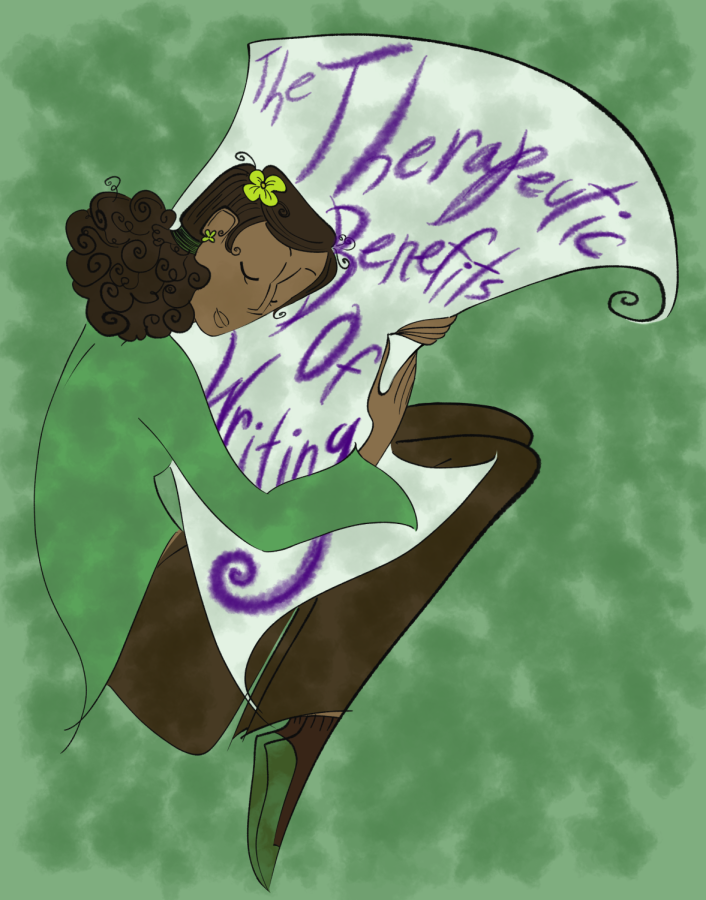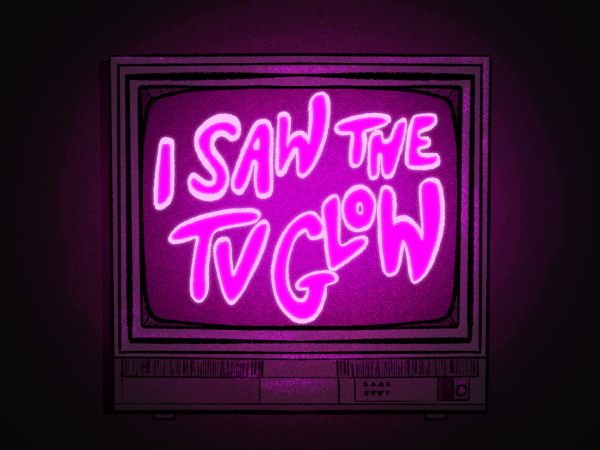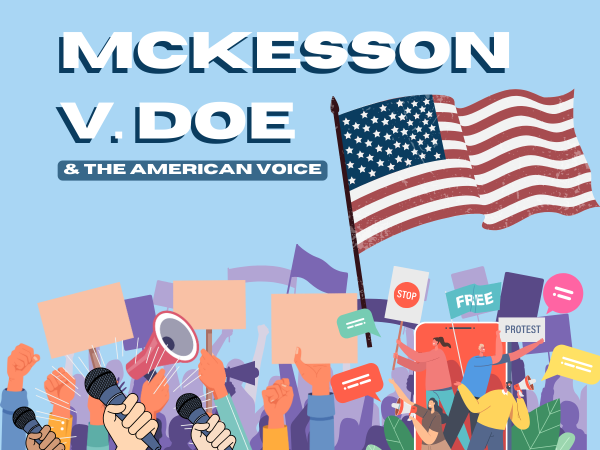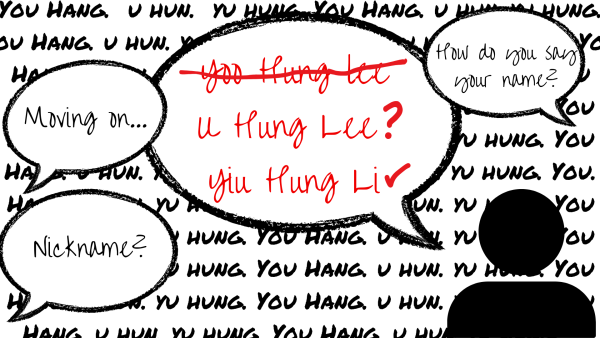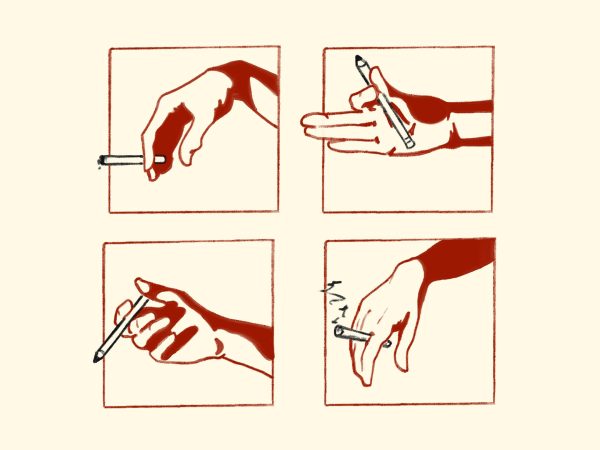The therapeutic benefits of writing
Read about the psychological benefits that have found to be gained from writing or consuming writing in this article written by Foothill Technology High School (Foothill Tech) Journalist Noelle Villaseñor.
May 26, 2023
Between appointments, therapists are known to recommend a specific piece of advice to their clients: journal. Journal about their hopes and dreams, relationships and fears — journal about pretty much anything that comes to mind. This type of free expression is recognized by psychologists as “expressive writing” and it is used as a legitimate treatment of psychological disorders.
As a senior enrolled in Advanced Placement English Literature & Composition, which caused me to dread essays every Monday for the entire year, I know what many students with similar experiences may think: why would anyone write to feel better? To clear the air, no therapist or psychologist is going to assign a journal prompt that starts with College Board’s notorious “in a well written essay … ” because that would probably drive all their clients’ cortisol levels up and worsen their collective mental health.
Expressive writing is not the same as essay writing. According to the American Psychological Association, expressive writing not only poses therapeutic benefits for mental health, but its anxiety and stress reducing effects have been proven to lead to a boost in immune system functioning in patients with asthma, rheumatoid arthritis and human immunodeficiency virus/acquired immunodeficiency syndrome (HIV/AIDS).
So, what is expressive writing?
The method was formally described by American psychologist James Pennebaker in a 1986 issue of the Journal of Abnormal Psychology. The University of California, Berkeley (UC Berkeley) defines the practice as spending around 15-20 minutes a day writing down your deepest thoughts and feelings about emotional challenges, childhood experiences, relationships, career issues and more. Grammar and spelling do not matter, as clients don’t write for anyone other than themselves.
Expressive writing is used as a legitimate form of therapy, as well as being utilized in a multitude of psychotherapies. Data from the Psychological Medicine Journal has shown it to provide near-identical benefits as a stand-alone treatment for symptoms of depression, anxiety and post-traumatic stress disorder (PTSD) that traditional psychotherapies do.
What is it that makes expressive writing such an effective form of treatment?
It has to do with the limbic system, located in the center of the brain, which plays a key role in emotions and memory. A study by the Frontiers in Human Neuroscience Journal indicated that expressive writing activates the brain’s mid-cingulate cortex, which has a prominent role in processing negative emotions related to the self as well as physical pain.
Another study by the Psychophysiology Journal showed that expressive writing improves efficiency, in that the brain uses less resources to maintain the same speed and accuracy in performing a task. So, when responses are elicited from the mid-cingulate cortex, this improves information processing related to negative emotion and strengthens the brain’s neurological connections overall, leading to the aforementioned cognitive, physical and mental health benefits.
How does this relate to students?
A survey conducted by Mental Health America showed that one in every 10 adolescents experiences depression so severe it impairs their ability to socialize, do schoolwork or keep a job. And of these one in 10, nearly 60 percent of them receive absolutely no mental health treatment. As a stand-in for formal care, expressive writing allows people to rationalize their emotions and channel their stress into a healthy outlet instead of falling into other, more detrimental coping mechanisms.
How can you practice expressive writing?
It’s important to remember that expressive writing does not require any certain formula. The goal is for people to have a safe place to express and rationalize their emotions, leading to improved coping skills. Googling therapy journal prompts and answering one to two a day, opening the iPhone Notes app and venting after a bad week — these methods allow for healthy emotion processing and make our brains happier.
Expressive writing is worth a try, whether you’ve experienced or are currently experiencing psychological turmoil. Though unassuming on a surface level, the benefits it provides to brain health might just make the world a better place.

